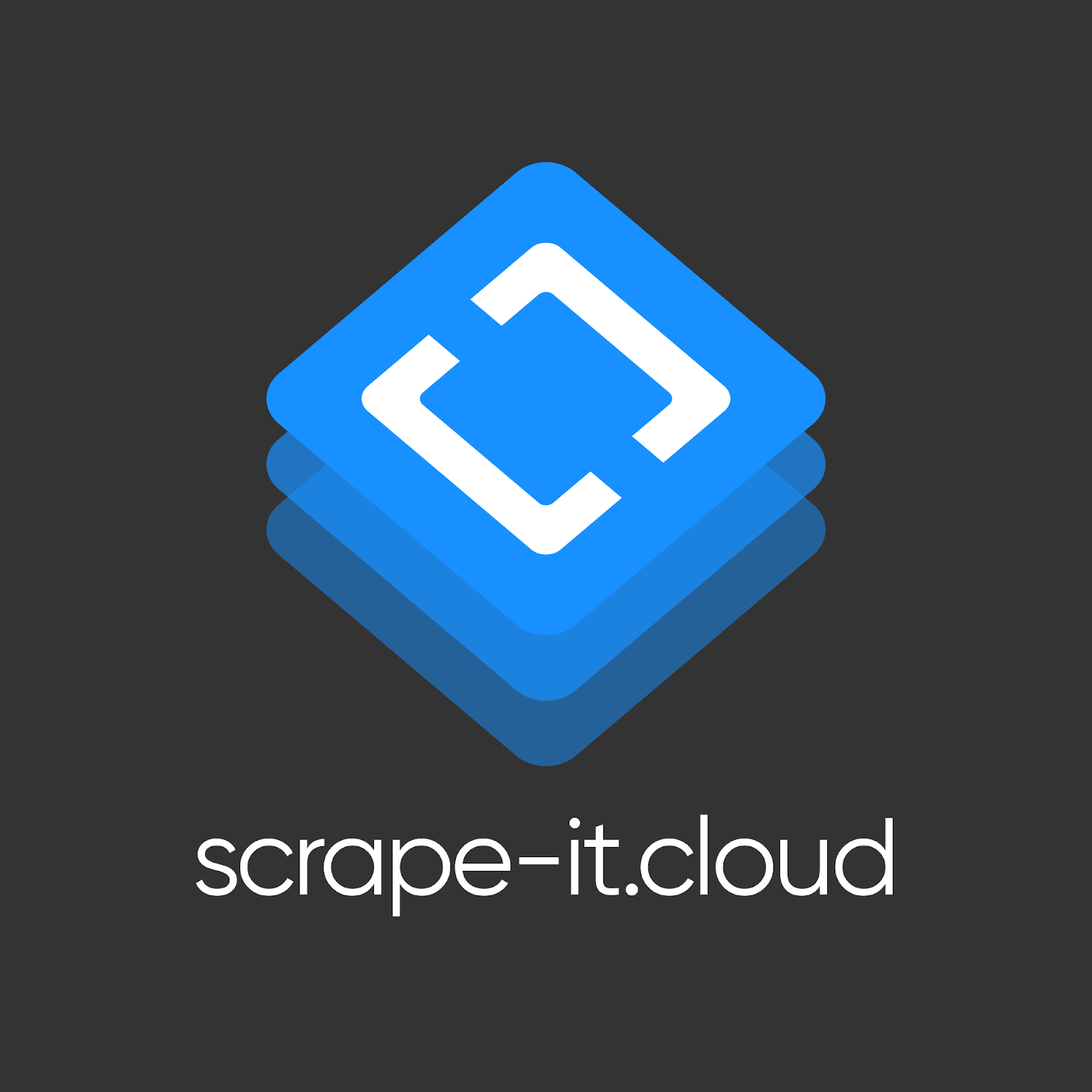Web scraping, often referred to as data extraction, is the process of collecting data from websites. It plays a crucial role in various fields, including e-commerce, market research, and competitive analysis. To understand web scraping fully, we must delve into the concept of “Scraping Logic.”
What is Scraping Logic Used for and How Does it Work?
Scraping Logic, also known as a web scraping script or program, is the set of instructions and algorithms that define how a web scraper navigates websites and extracts the desired data. It encompasses the following key components:
1. URL Navigation:
- Scraping Logic starts by specifying the target website’s URL or multiple URLs to scrape.
- It uses HTTP requests to access web pages and retrieve their content.
2. HTML Parsing:
- Once the web page is fetched, Scraping Logic parses the HTML structure to locate specific data elements.
- It can use techniques like XPath or CSS selectors to pinpoint the relevant information.
3. Data Extraction:
- After identifying the data, Scraping Logic extracts it and stores it in a structured format, such as CSV, JSON, or a database.
4. Handling Pagination and Dynamic Content:
- Scraping Logic can navigate through multiple pages of a website, handling pagination to collect a comprehensive dataset.
- It can also interact with JavaScript-driven content, making it versatile for modern websites.
Why Do You Need a Proxy for Scraping Logic?
While web scraping is a valuable tool for data acquisition, it can raise concerns related to privacy, security, and ethical considerations. To address these challenges, utilizing a proxy server is essential.
Advantages of Using a Proxy with Scraping Logic:
-
Anonymity and Privacy:
- A proxy server acts as an intermediary between your web scraper and the target website. This masks your IP address, enhancing anonymity.
- It helps protect your identity and prevent IP bans or blacklisting by websites.
-
Geographical Diversity:
- Proxy servers come with the option to choose from various geographic locations. This is beneficial when scraping region-specific content or overcoming geo-restrictions.
-
Scalability:
- Proxy servers allow for parallel scraping from multiple IP addresses, increasing the scraping speed and efficiency.
-
Stability and Reliability:
- Reliable proxy services like OneProxy offer high uptime and low latency connections, ensuring your scraper’s consistent performance.
-
Avoiding Rate Limiting:
- Websites often limit the number of requests from a single IP address. Proxies distribute requests across multiple IPs, mitigating the risk of being rate-limited.
What Are the Сons of Using Free Proxies for Scraping Logic?
While free proxies may seem enticing, they come with limitations and drawbacks that can hinder your scraping efforts:
| Challenges | Description |
|---|---|
| Unreliability | Free proxies are often unreliable, with frequent downtime and slow connections. |
| Limited Locations | They offer limited geographical locations, restricting your ability to access region-specific data. |
| Security Risks | Free proxies may not provide robust security measures, exposing your scraper and data to potential threats. |
| IP Bans and Blacklisting | Websites can quickly detect and block traffic from known free proxy IP addresses, leading to disruptions. |
What Are the Best Proxies for Scraping Logic?
Choosing the right proxy service is crucial for successful web scraping. OneProxy stands out as a reliable choice, offering:
- A vast network of premium proxy servers in various locations.
- High-speed, low-latency connections for efficient scraping.
- Enhanced security features, including data encryption.
- 24/7 customer support and dedicated account managers.
How to Configure a Proxy Server for Scraping Logic?
Configuring a proxy server for your scraping project involves the following steps:
-
Choose a Proxy Provider: Sign up with a reputable proxy service like OneProxy and obtain your proxy credentials.
-
Set Up Your Scraping Environment: Install and configure your web scraping framework or library (e.g., BeautifulSoup, Scrapy) to use the proxy.
-
Enter Proxy Details: In your scraping script, specify the proxy server’s IP address, port, and authentication credentials provided by your proxy provider.
-
Handle IP Rotation: Implement IP rotation logic to switch between proxy IP addresses periodically, reducing the risk of detection.
-
Monitor and Maintain: Continuously monitor your scraping activity and proxy performance. Adjust settings as needed to ensure smooth operation.
In conclusion, understanding Scraping Logic and the advantages of using a proxy server is crucial for successful web scraping endeavors. With the right tools and practices, you can harness the power of data extraction while maintaining anonymity, reliability, and compliance with ethical standards. Choose a reputable proxy provider like OneProxy to optimize your scraping efforts and unlock valuable insights from the web.













